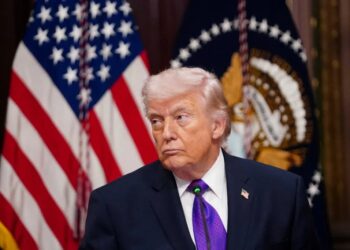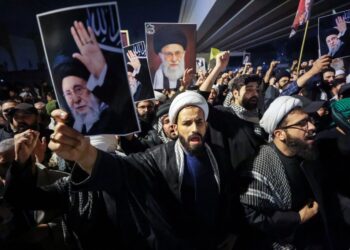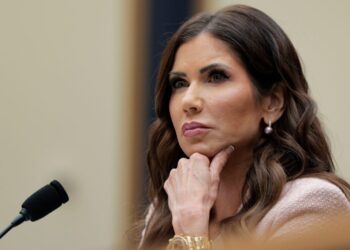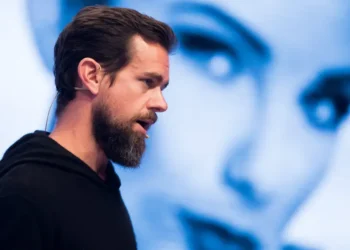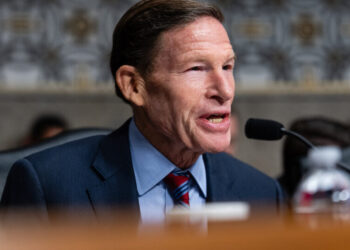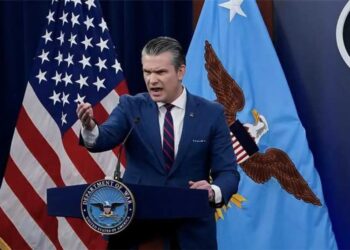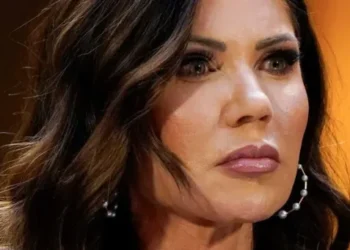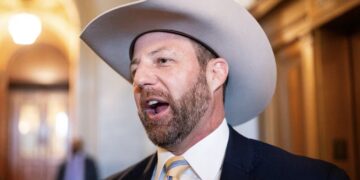Superfood Fuels Mating Frenzy for a Critically Endangered Parrot
Not all superfoods are indeed super, but one just might help save a critically endangered parrot species that can be...
‘Who asked for that?’ MAGA fans mock Trump after curious edit to Truth Social rant
Fans of President Donald Trump’sMAGA movement mocked the president on Thursday after he edited one of his latest Truth Social...
Two Schools in Iran Damaged in U.S.-Israeli Bombing
Two more schools in Iran appeared to have been damaged on Thursday during the bombing campaign being conducted by the...
The dangerous rise of decapitation warfare
President Donald Trump said about the airstrike that killed Iranian Supreme Leader Ali Khamenei a week ago: “I got him...
Satellite photos show California’s sudden snowpack meltdown: Now you see it, now you don’t
Just weeks after major storms brought snow to the Sierra Nevada mountains, a winter heat wave has all but eliminated...
Trump removes DHS Secretary Kristi Noem after controversial tenure
President Donald Trump said Thursday he is replacing Homeland Security Secretary Kristi L. Noem, a move that came amid mounting...
Trump’s Beauty Queen Under Investigation by Florida Bar
The president’s former lawyer is under a microscope for her on-the-job behavior. Former federal prosecutor and beauty pageant contestant Lindsey...
Block employee says the company dangled a 75% pay raise to get her to stay after layoffs — but she decided to quit
Jack Dorsey Rolf Vennenbernd/picture alliance via Getty ImagesNaoko Takeda wrote on LinkedIn that Block offered her a pay bump and...
Senate Democrat Pushes to Investigate Noem for Perjury
Senator Richard Blumenthal, Democrat of Connecticut, said on Thursday evening that he would press for a perjury investigation into Kristi...
‘Unconscionable’: Fury as investigation finds US likely killed 175 in Iran school strike
Political analysts and observers were outraged on Thursday after an investigation determined that the U.S. was likely responsible for a...

